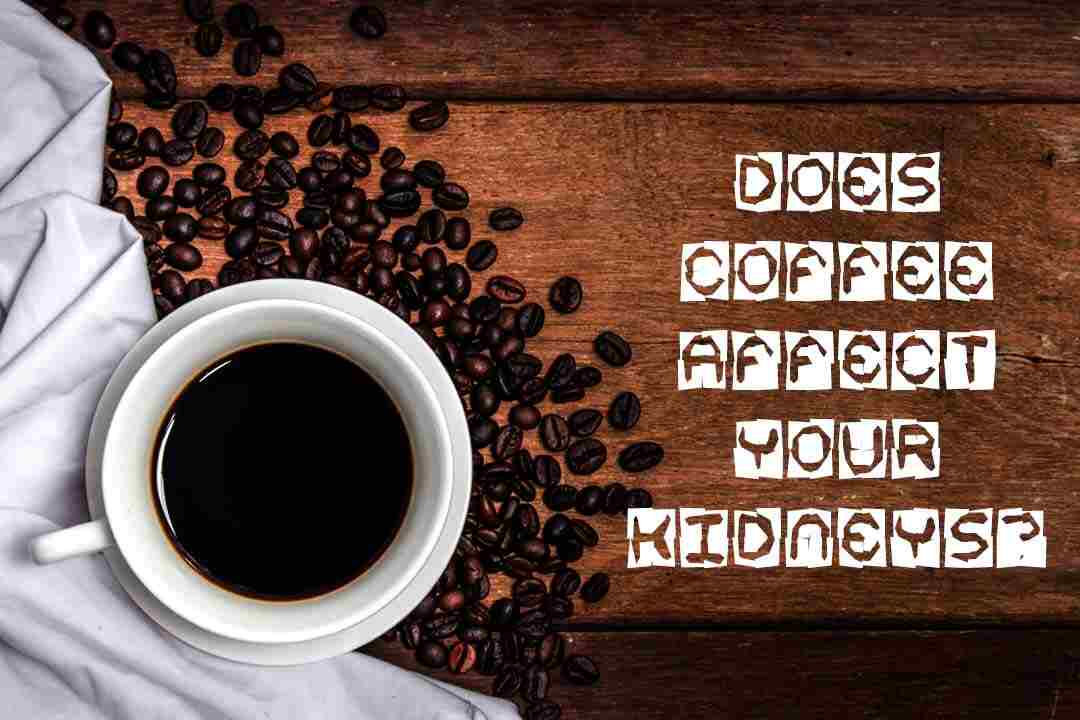
The ever-growing popularity of coffee has made it a matter of concern because of its various health effects. Research is being conducted to know how coffee affects the immune system of people with kidney disease. It is hard to imagine a morning without a cup of coffee, but there also have been times when coffee was restricted in certain parts of the world, because of a number of reasons. Coffee is a staple drink, and people find it tough to start the morning ritual without a sip of coffee. When people find out they have kidney disease and doctors suggest opting for a renal diet, the first thing they usually ask their dietician is “Does coffee harm my kidneys?”. The bottom line is No, coffee does not pose any side effects on your kidneys, but
The very first thing you need to consider about coffee is deciding nutritional content. A single cup of coffee has 116 mg of potassium. Coffee is considered a low-potassium beverage. However, some people with reduced kidney function drink more than one cup per day which is quite high. Three to four cups of coffee intake a day can increase the levels of potassium in the body leading to hyperkalemia. If you further add on creamers or milk, this is going to worsen the situation. Hence, 3 cups per day is a moderate quantity that is safe for your health. Black coffee, on the other hand, is minimal in phosphorus, sodium, carbs, and calories so not of much nutritional consideration.
Caffeine causes a short, but abrupt increase in the blood pressure level. Research says that drinking more than 4 cups of coffee can spike blood pressure and increase the risk of kidney disease too many times. To this, lowering the amount of coffee can be a good idea. If you are a hypertension patient, then consider drinking not more than 2 cups of coffee.
Coffee increases nervous system activity as well as blood pressure levels, independent of the caffeine content. Therefore, decaffeinated coffee even is not good for your rising blood pressure level and kidney problems. This means, caffeine only is not responsible for the blood pressure elevation.
For a kidney, patient coffee counts as fluid as they are on a restricted diet that does not allow fluid in excess amounts. In summer, coffee is acceptable, but in that case, you need to restrict the number of other fluids to balance the equation. Moreover, you should not drink in moderation because of its link to blood pressure and reducing kidney function. Ask your dietician about the right quantity of fluid you should take based on your condition.
The additives in coffee can be a problem than the coffee itself. For instance, a single cup of coffee has flavored syrup, 183 mg of phosphorus, and 328 gm of potassium. The creamers in the coffee latte are also not considered beneficial for the patients as they are made up of chemical phosphates. Such chemical phosphates are easily absorbed by the body, but hard to remove by the kidneys, especially when they are diseased.
In the past, a study indicated the link between the growth of kidney cysts and caffeine consumption. However, few more studies have shown no link between coffee and chronic kidney disease progression. Further research is being conducted to know the actual facts.
Oxalate formation in the body increases the risk of various kidney stones, and coffee is the main source of oxalate in our diet. Therefore, patients with kidney stones, especially with calcium oxalate, need to moderate their coffee consumption.
Kidney cancer also called renal carcinoma is also linked up with coffee consumption. However, this study has been typically linked to caffeinated coffee only. While decaffeinated coffee is particularly linked to the risk of clear cell renal carcinoma subtype, a type of kidney cancer.
Coffee consumption is not too bad for the kidneys if an adequate amount is taken. If you are on binge consumption, the caffeine in the coffee is bound to raise the blood pressure level. Karma Ayurveda is an Ayurvedic kidney care hospital that is based in Delhi, India. According to Doctor Puneet Dhawan, excess caffeine consumption may damage your kidneys. The best kidney failure ayurvedic treatment by Dr. Dhawan has saved the lives of thousands of kidney patients who are now living a disease-free life. If you also need treatment for yourself, then reach us!

Certificate no- AH-2023-0186
JAN 05,2023-JAN 04,2026
"Ayurveda is not just a system of medicine; it's a way of life. Connect with us to embrace a lifestyle that nurtures your body, mind, and soul."
Book Consultation Now